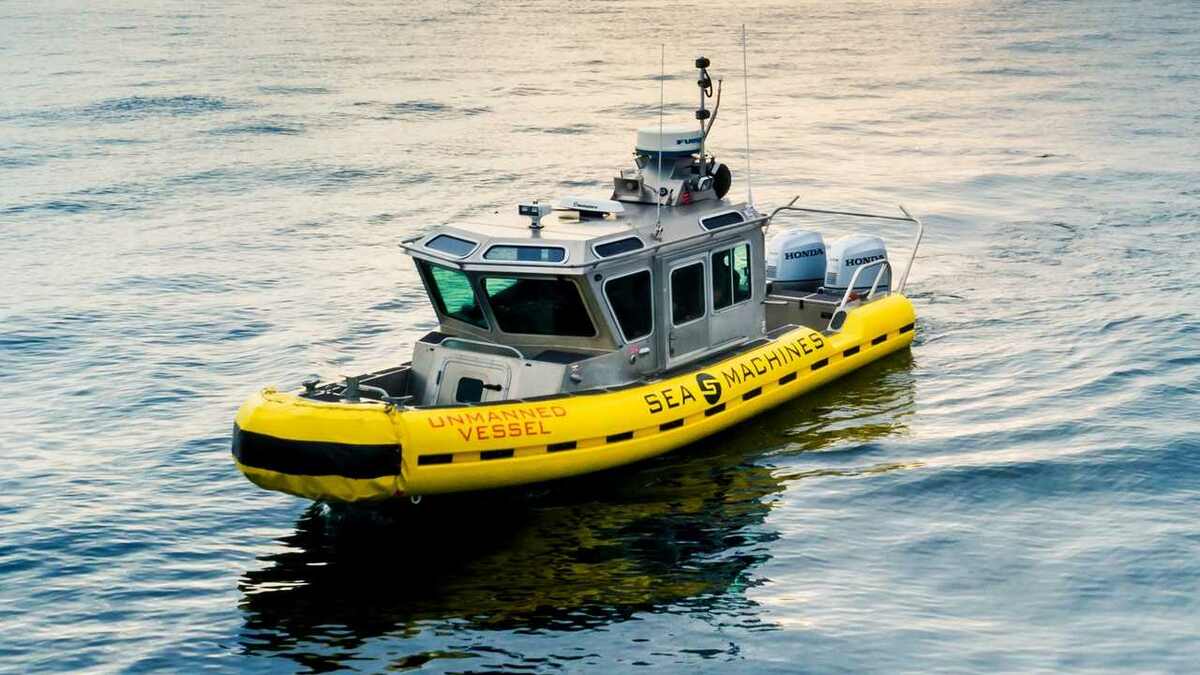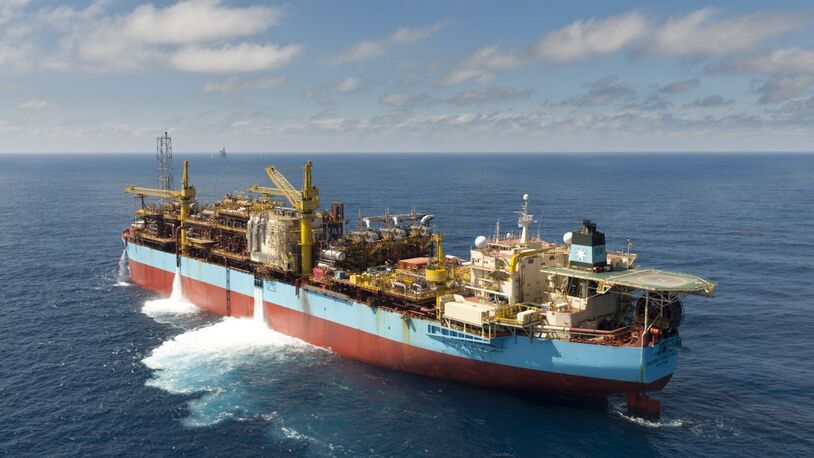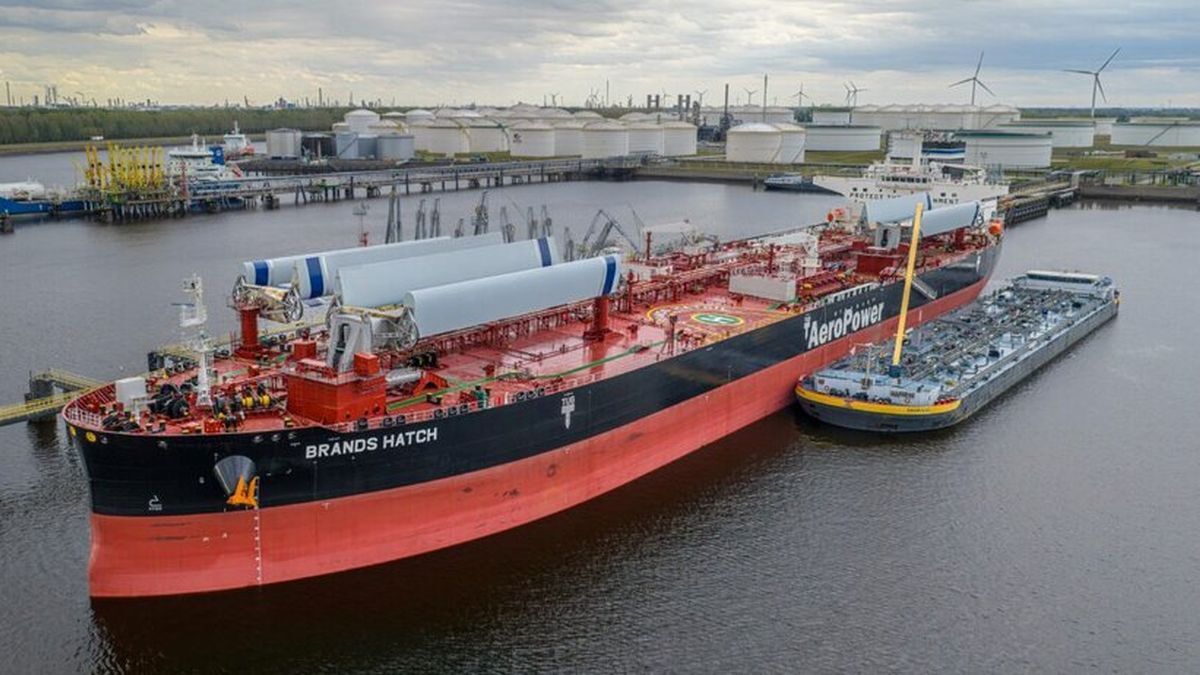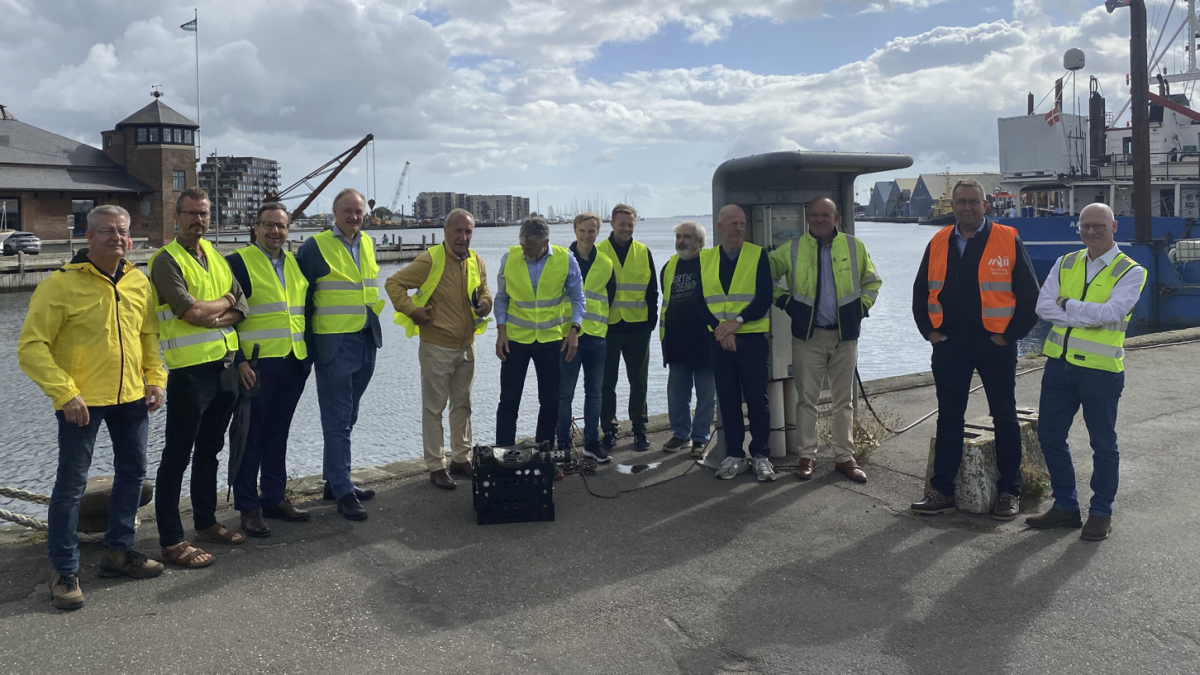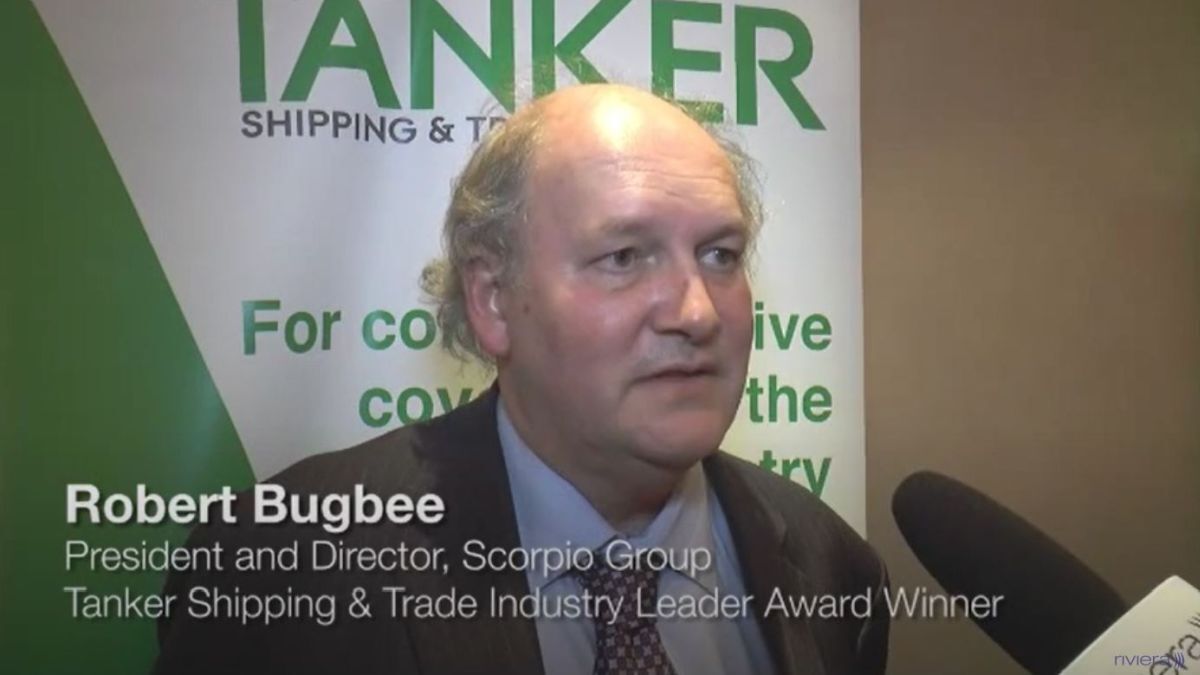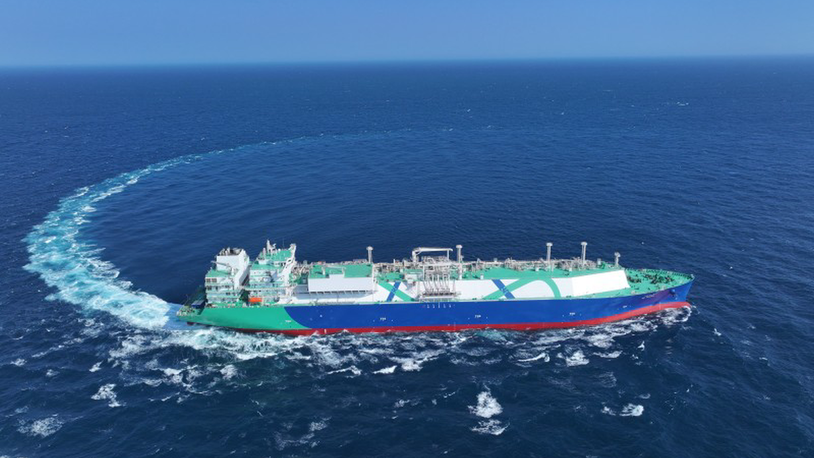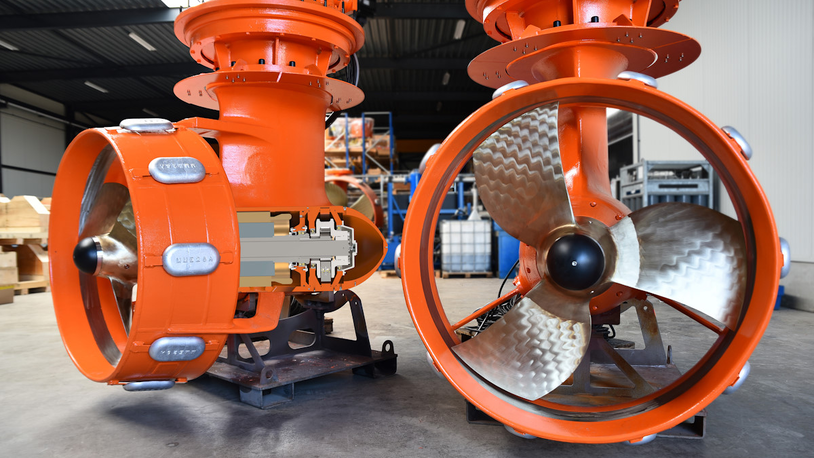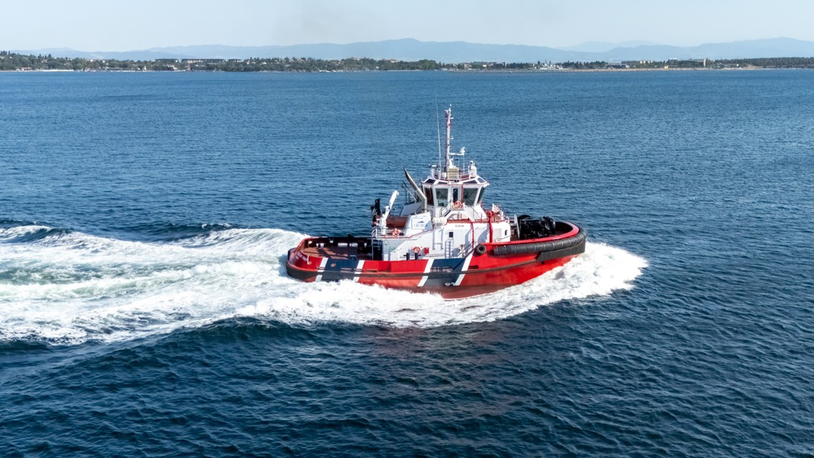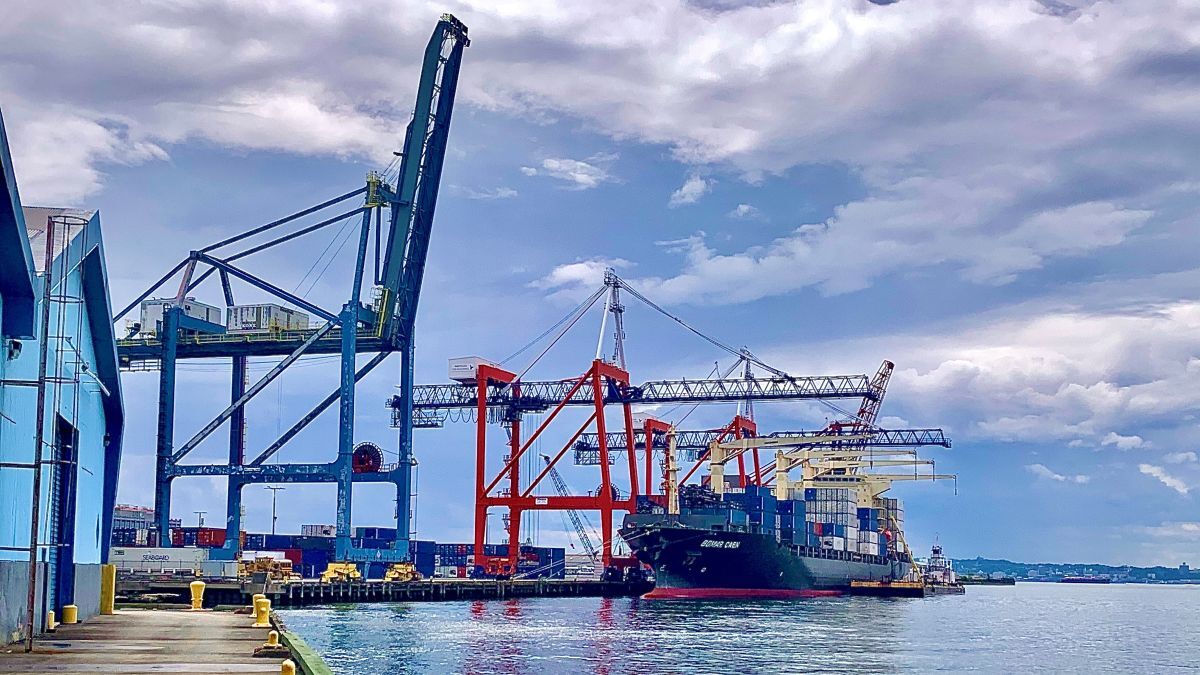Business Sectors
Events
Offshore Wind Webinar Week
Contents
Trial will test autonomous oil spill response
Trials will begin in August on an autonomous oil spill response vessel in a US harbour
Sea Machines Robotics will work with the US Department of Transportation’s Maritime Administration (MARAD) to demonstrate autonomous vessel technology for oil spill response.
Both are striving to increase the safety, response time and productivity of marine oil-spill response operations using unmanned vessels.
To achieve this, Sea Machines will install its SM300 autonomous-command system aboard a Marine Spill Response Corp (MSRC)-owned Marco skimming vessel and will train MSRC personnel to operate the system.
There will be a simulated oil spill recovery trial in Portland harbour, Maine, US, on 21 August, to be witnessed by an audience of government, naval, international, environmental and industry partners. This will demonstrate the autonomous technology and effectiveness of oil skimmers.
Seattle-based Kvichak Marine Industries manufactured the response skimming vessel, which is equipped with a Marco filter belt skimmer to recover oil from the surface of the water.
Sea Machines’ SM300 will give the MSRC vessel the following new capabilities:
- Remote autonomous control from an onshore location or secondary vessel.
- ENC-based mission planning.
- Autonomous waypoint tracking.
- Autonomous grid line tracking.
- Collaborative autonomy for multi-vessel operations.
- Wireless remote payload control to deploy onboard boom and other response equipment.
- Obstacle detection and collision avoidance.
Sea Machines chief executive Michael Johnson said autonomous operations technology would allow operators to respond to spill events 24/7, reducing the exposure of humans to toxic fumes and other safety hazards.
“Autonomous technology has the power to not only help prevent vessel accidents that can lead to spills, but can also facilitate better preparedness, and aid in safer, efficient, and effective clean-up,” he said.
“We look forward to working closely with MARAD and MSRC in these industry-modernising exercises.”
MSRC vice president John Swift said safety of its oil spill response personnel was its top priority. “The ability to use autonomous technology enables response operations to continue in an environment where their safety may be at risk and furthers our mission of response preparedness.”
- IMO outlines autonomous ship trial guidelines
- Plotting the course ahead for autonomous tech
- Autonomous vessels: regulations must improve to support safe roll-out
Sea Machines products can be installed aboard existing or newbuild commercial and government vessels for task-driven, computer-guided vessel control and for advanced autonomy within marine operations.
The company is currently testing its perception and situational awareness technology aboard one of AP Moller-Maersk’s newbuild ice-class container ships.
MSRC was formed in conjunction with the Marine Preservation Association in 1990 to offer oil spill response services and mitigate damage to the environment. It is a not-for-profit, US Coast Guard-classified oil spill removal organisation that offers capabilities intended to help meet the planning criteria of the US Oil Pollution Act of 1990.
Autonomous technology will be discussed at Riviera’s Smart Tug Operations Conference in Singapore on 16 September.
Related to this Story
Events
Offshore Wind Webinar Week
Maritime Decarbonisation, Europe: Conference, Awards & Exhibition 2025
Offshore Support Journal Conference, Americas 2025
© 2024 Riviera Maritime Media Ltd.


